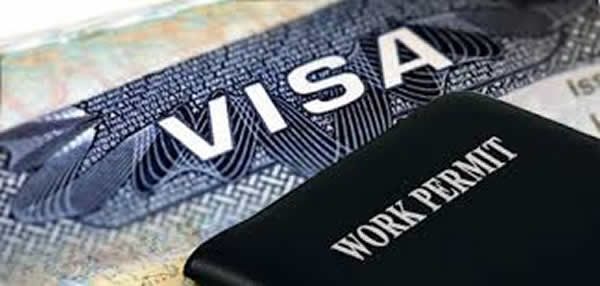Whatever your reason for migrating to the Kingdom of Thailand, there are at least four important documents that you should be familiar with.
These documents will come in handy when you’re faced with certain situations when you’re already expatriated to the Kingdom. There are other documents, but these are four are commonly encountered by foreign expatriates in Thailand.
Work Permit
First, there is the work permit. If you’re going to Thailand to work, you will need to secure a work permit from the immigration authorities. The work permit will contain not only an expression of permission to be employed in the Kingdom, but also the details of your work.
You have to keep your work permit with you at all times, as authorities may conduct a random check of all foreign expatriates in Thailand to weed out illegal foreign employees. Also, if your work details change, you’d have to update your work permit or else you’d be considered an illegal as well.
Pre-Nuptial Agreement
Love knows no bounds, as they say, and it’s not a surprise if you ultimately decide to marry a local Thai.
The pre-nuptial agreement is a document that describes, among others, what each party can do to the properties that one or both of them have acquired before the wedding. The people who usually ink a pre-nuptial agreement are those who are concerned about how the properties are liquidated in the case of divorce or separation.
It’s not usually required and some foreign nationals do skip signing a prenuptial agreement before marriage, but it’s worth learning about what this document does especially if you’re moving to Thailand to be a resident.
Leasing Agreement
This document is an agreement between you and the owner of a condo unit that you’re interested in but cannot buy. It contains all the stipulations as to what you can do with the unit and what you cannot do.
In Thailand, real estate developers can only sell 40% of the total number of condominium units in their project to foreigners. Expats who are interested in staying in that project but cannot anymore purchase a unit can then choose to lease one for the long-term.
A leasing agreement could contain a sub-leasing clause, which enables foreigners to also lease the unit to their colleagues and acquaintances. This is usually done by foreign nationals who only come to Thailand sporadically, but who also want to earn a recurring income from the lease while they are away.
Non-Immigrant Visa
The non-immigrant visa is required for those that want to stay in Thailand, but with no intentions to migrate or become an expat. This is the document that accompanies a work permit, and is also required for people who are coming to Thailand for education or research purposes.
In contrast, tourists can enter Thailand without having to apply for a visa ahead of time. They’re automatically given a one-month visa upon arrival in the country, which can be extended for 90 more days.
There are plenty more documents, which you should take your time to research and study about if you’re looking to move to Thailand.
Do you want more articles like this? Feel free to follow our blog and our social media accounts.






